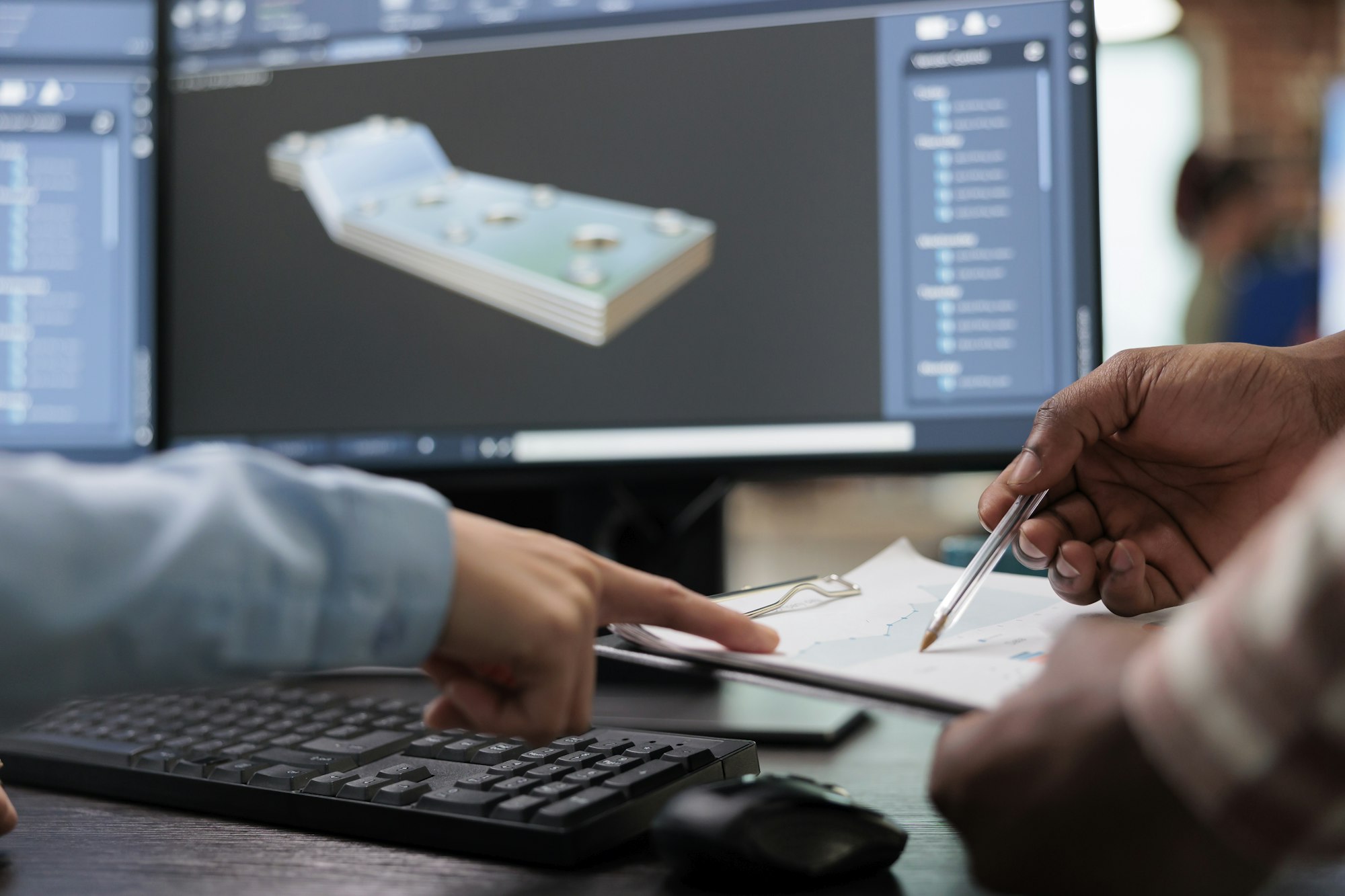How AI Affects Creative Jobs
Artificial intelligence is mixing things up in job markets everywhere, and creative fields are really feeling the change. Mira Murati from OpenAI made some waves by talking about how some creative jobs might not be needed anymore because of AI. This moment shows us how technology is blending with creativity, suggesting that we might have to rethink what jobs are essential as AI keeps getting better.

AI as a Helper for More Creativity
While some people are worried about losing jobs to AI, there’s also a positive side to look at. Murati points out that AI can actually spark more creativity in us. She thinks we should use AI in schools and in creative work to really understand what it can do. The idea here is to use AI not to take over jobs but to make our creative abilities even better.
What Creative People Think
The idea that AI might take over creative jobs has made a lot of professionals pretty uneasy, leading to protests by groups like screenwriters and actors. These reactions show that people are seriously worried about how AI might change their careers. However, adapting AI tools like ChatGPT and DALL-E in things like graphic design shows that there’s a growing acceptance of these technologies in creative work.
Economic Changes and Job Changes
Putting AI into different areas is expected to change jobs, leading to some jobs disappearing and new ones popping up. Murati, even though she’s not an economist, thinks that jobs with lots of repetition are most likely to be affected. We should start thinking more about jobs that need creativity and problem-solving, where AI can actually help.
Learning New Skills for the AI Age
The need for new skills becomes really important as AI starts to play a bigger role in jobs. Jeff Maggioncalda, who leads Coursera, stresses how vital it is to keep up with changes brought by AI. He says that many people will have to learn how to work with AI tools if they want to stay relevant in their jobs.
Predicting the Future of Work with AI
With AI able to both shake up and create jobs, there’s a big challenge ahead. Tech and education leaders are pushing for actions now to get ready for what’s coming. This means getting to know what AI can do, thinking differently about jobs, and encouraging everyone to keep learning and adapting.
Discover how AI is changing creative industries, from the risks of job losses to the chances for more creativity. Find out how AI tools can boost human skills and why learning new skills is key in the AI age.

FAQ: Understanding AI’s Impact on Creative Jobs
1. Why are creative jobs at risk because of AI?
AI is really shaking things up in the creative world because it can do some of the repetitive and time-consuming tasks that humans used to handle. For example, AI can quickly generate designs, write content, and edit videos. This doesn’t mean that all creative jobs will disappear, but it does mean that creative professionals might need to focus on aspects of their work that require a human touch, like originality and emotional depth.
2. Can AI actually help improve creativity?
Absolutely! While it might sound a bit strange, AI can be a great partner in the creative process. AI tools like ChatGPT or DALL-E can offer new ideas and perspectives that might not come to mind otherwise. This can push creatives to explore new territories and expand their imagination further than they might on their own. So, instead of just taking over creative tasks, AI can actually spark more creativity and help creatives achieve things they never thought possible.
3. What can I do to stay relevant in my creative career with AI on the rise?
The key to staying relevant is to embrace AI as a tool, not a threat. Learning how to use AI in your work will not only help you stay competitive but also allow you to focus on the uniquely human aspects of creativity that AI can’t replicate, such as interpreting emotions and experiences in depth. Investing in skills that complement AI, like strategic thinking and emotional intelligence, will also be crucial. Remember, AI might change the way we work, but it also opens up new opportunities for creativity and innovation.
Sources Fortune


